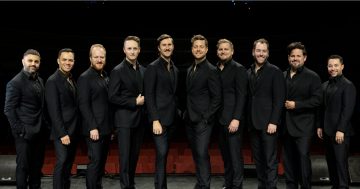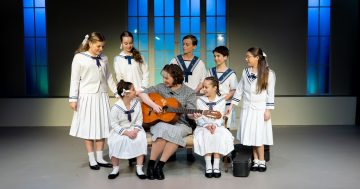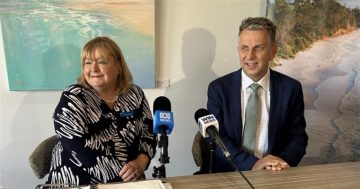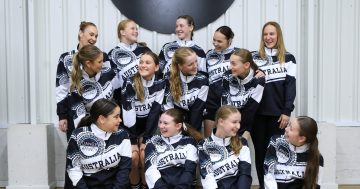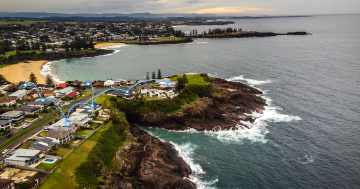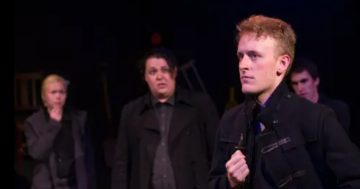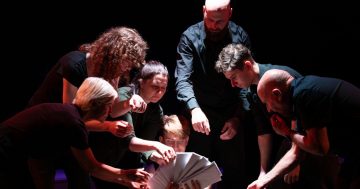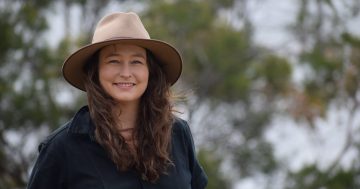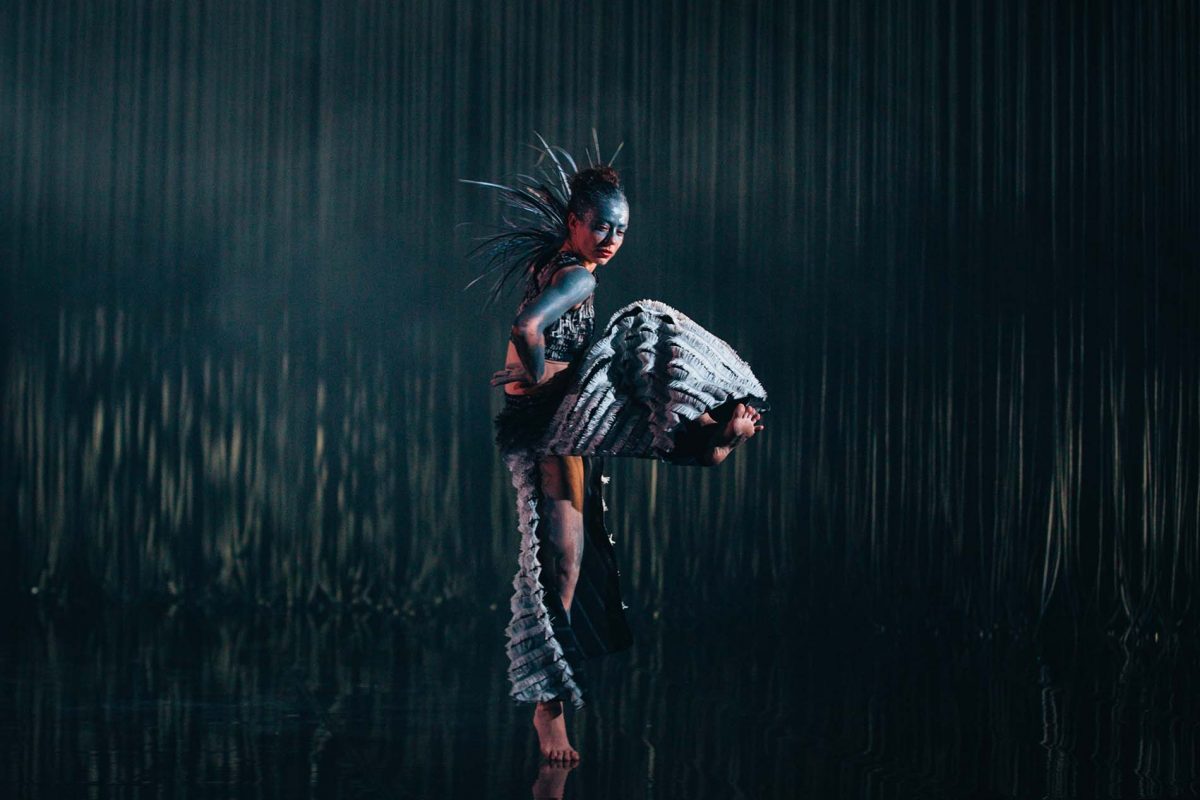
Yuldea hits Shoalhaven Entertainment Centre in March, but tickets are on sale now. Photos: Kate Longley.
The discovery of Bangarra Dance Theatre senior dancer Rikki Mason’s Kullili heritage was by chance.
“I was just a baby and my dad was at a family reunion. There was this photo on the wall of this beautiful black woman with all these kids around her,” he says.
“When he asked who it was, they told him ‘That’s your grandmother’. Until that moment, he had no idea because it wasn’t spoken about.
“We got lucky. But I do think about all the people in my family who have passed on now, who might have been able to tell me more about this part of my heritage.”
It’s perhaps the thing he loves most about dancing for Bangarra. Described as “incomparable storytellers”, their production process incorporates as much research, investigation and exploration of First Nations stories as it does choreography.
Their latest production Yuldea, which hits Shoalhaven Entertainment Centre on its regional NSW tour early next year , is no exception.
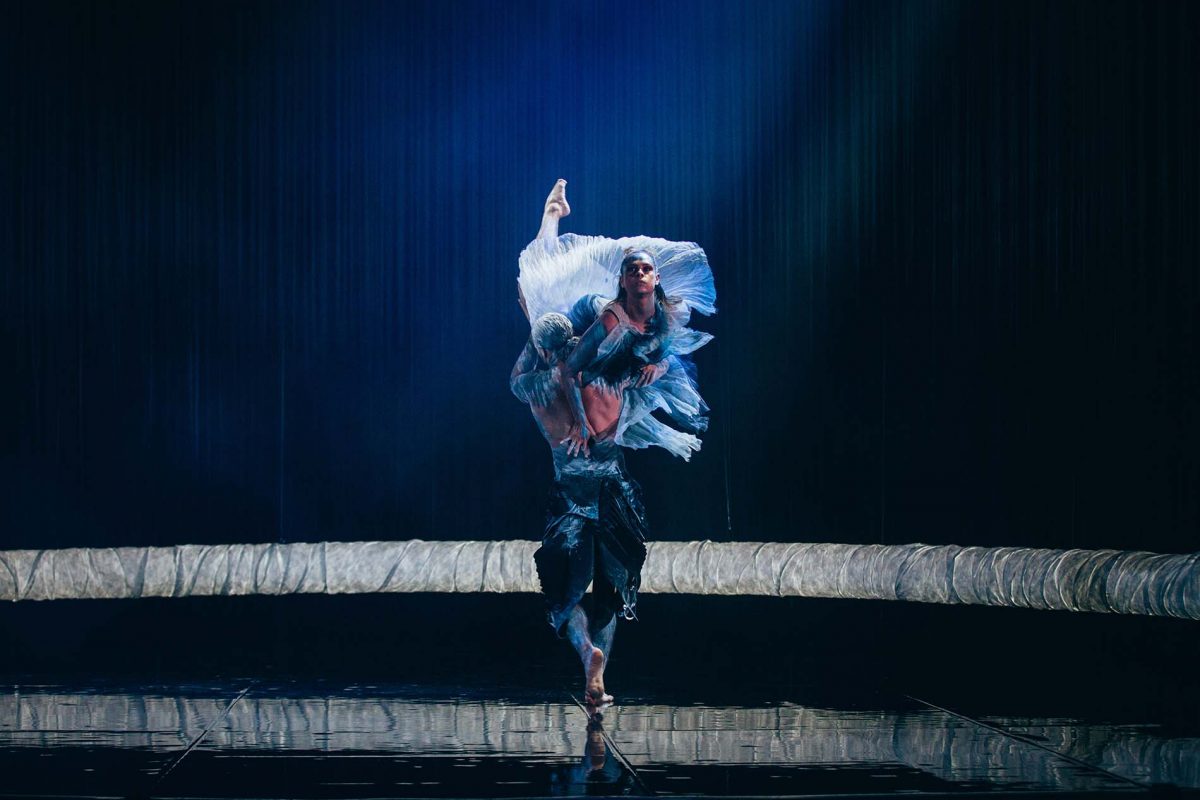
Yuldea explores the collision between the traditional life of First Nations people and colonial industrial ambition.
It explores the collision between the traditional life of the Aṉangu people of the Great Victorian Desert and the Nunga people of the Far West Region of South Australia, and colonial industrial ambition in the early 1900s.
More specifically, it tells the story of when the two halves of the Transcontinental Railway met at the precious water soak on the edge of the Nullarbor known as Yuldi Kapi.
Yooldil Kapi is the traditional name for a clay pan waterhole surrounded by sand dunes on the traditional lands of the Kokatha people. It is widely regarded as the epicentre of cultural life – a dynamic centre of trade, ceremony, lore and kinship and an important source of sustenance and survival.
Numerous tribes gathered at Yooldil Kapi. But in 1917, the “great metal serpents” scarred the landscape, draining all water from the sacred soak. Then came the black mist of the Maralinga atomic testing, which forced the Aṉangu to leave the desert homelands where they had lived for millennia.
Frances Rings’ first work as artistic director tells this story but also speaks to the resilience of the Aṉangu.
Rikki said before production could begin for Yuldea, extensive learning took place on Country.
“We went back on Country and met with mob at Yalata. We sat and learned about the soak and all the ways the waterhole sustained life for millennia before Colonial disruption,” he says.
“Then we took that back to the studio where Frances worked through her vision and conveyed how she saw the show playing out.
“We then each did more research depending on what section we were a part of. We watched documentaries and read any information we thought might be valuable to the story we were about to tell.
“This is what’s special about Bangarra – the process. We’re telling lived stories and events, so it’s not just about creating movement; it’s equally important to us to gather the information we need to put ourselves in the shoes of the people whose stories we’re portraying.”
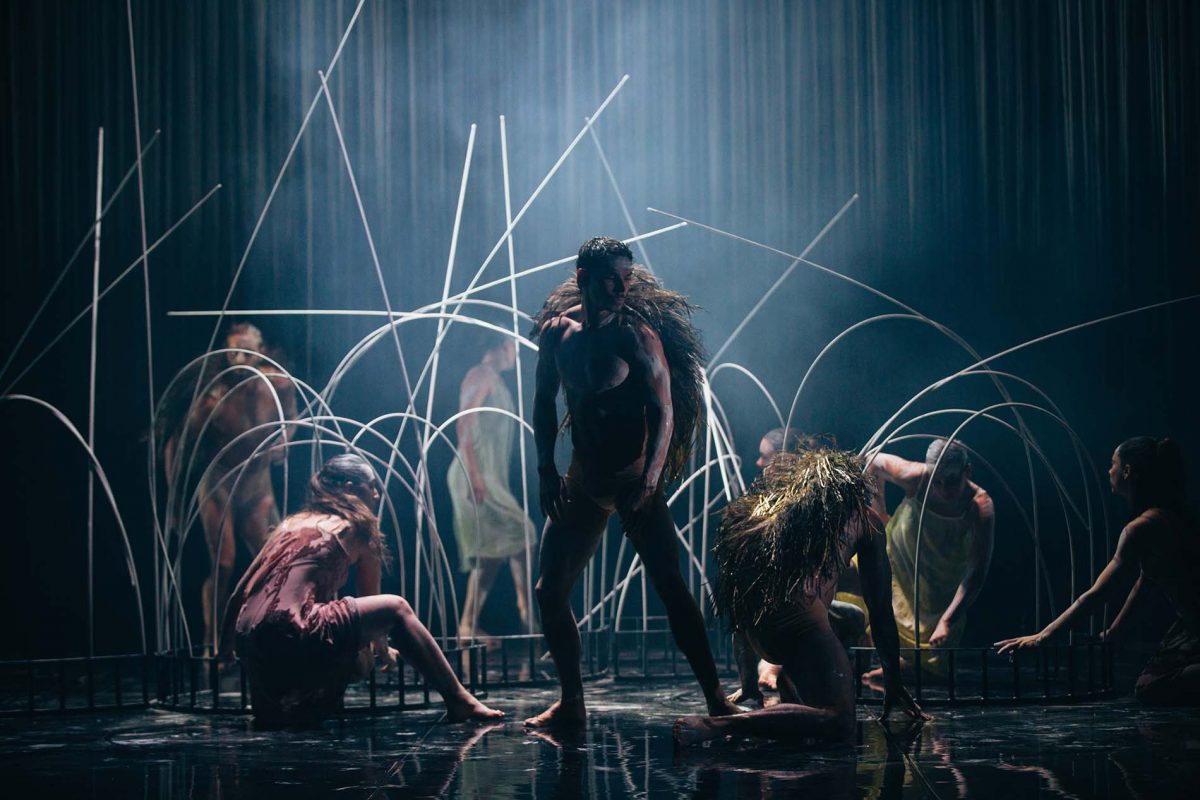
While Ooldea is the name and the spelling most used to refer to the site of the famous soak, Bangarra Dance Theatre chose to use the Yuldea spelling for their production title after consultation with the Yalata Aṉangu Aboriginal Community Council.
Yuldea is not strictly linear – it’s a network of vignettes and interpretations of stories that bleed into one performance.
The production is broken into four acts. Supernova explores creation and the beginning, Kapi (meaning water in Pitjantjatjara language) looks at water diviners and spirits, Empire examines the impacts of these key industrialisation events and finally, Ooldea Spirit is a homage to how the Aṉangu endured, “determined to keep strong their knowledge systems of Land and Sky, honouring their eternal bonds of Kinship between People and Place”.
“Maralinga was like a bomb of black mist that was dropped on Country. It was toxic. It would come through the community, people were inhaling it, eating food poisoned by it,” Rikki explains.
“But Ooldea Spirit seeks to capture the resilience of First Nations people. It tells of how, after all these years of disruption and trauma, the spirit of the Aṉangu remains strong.”
Yuldea comes to Shoalhaven Entertainment Centre on Wednesday 6 March. Tickets range from $45 to $80 – book here.
Original Article published by Dione David on Riotact.









